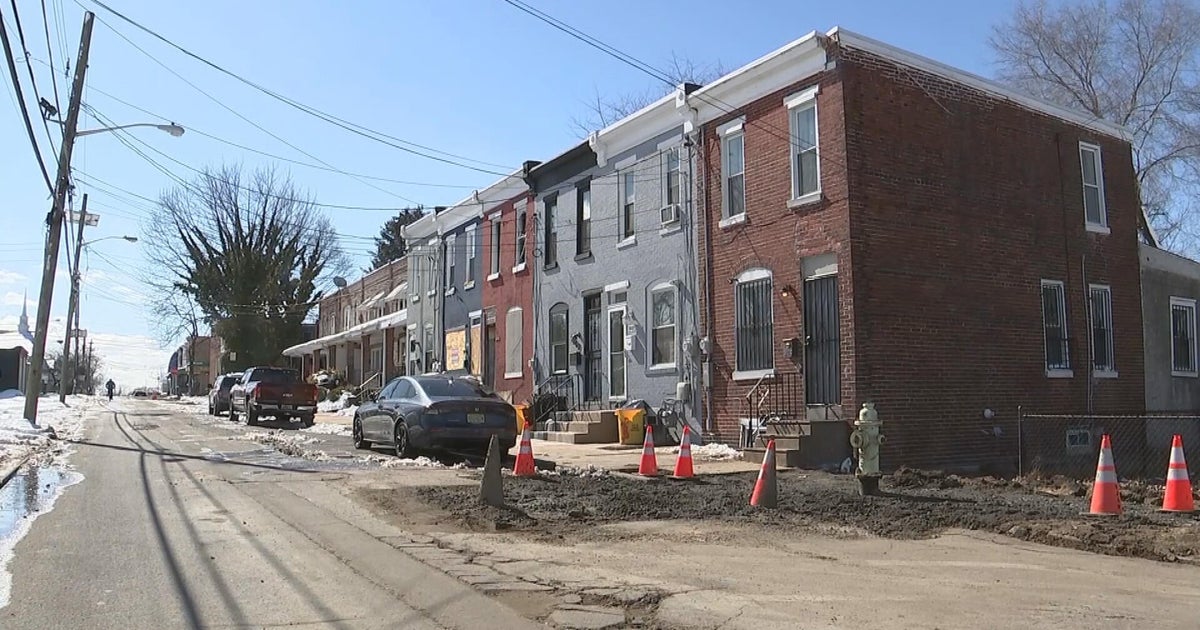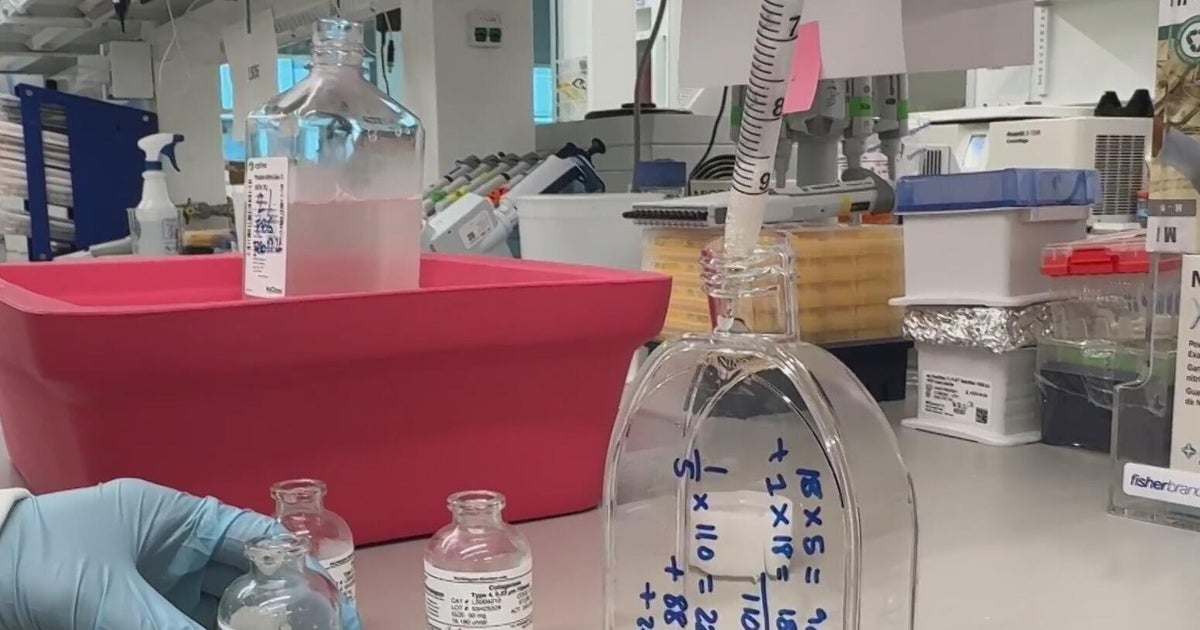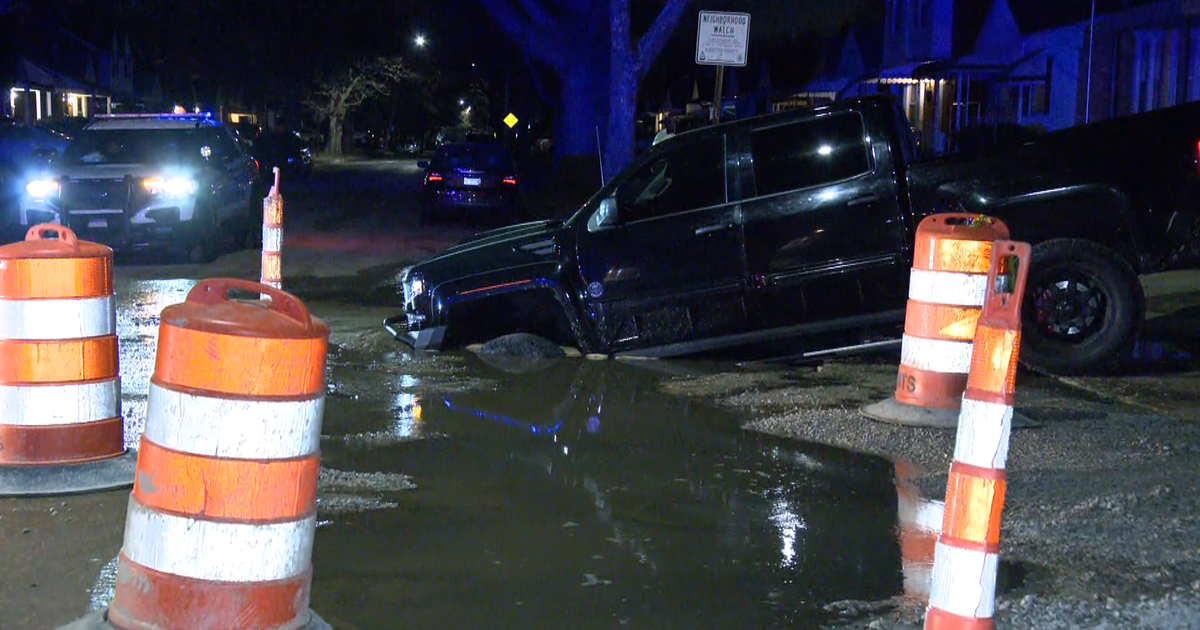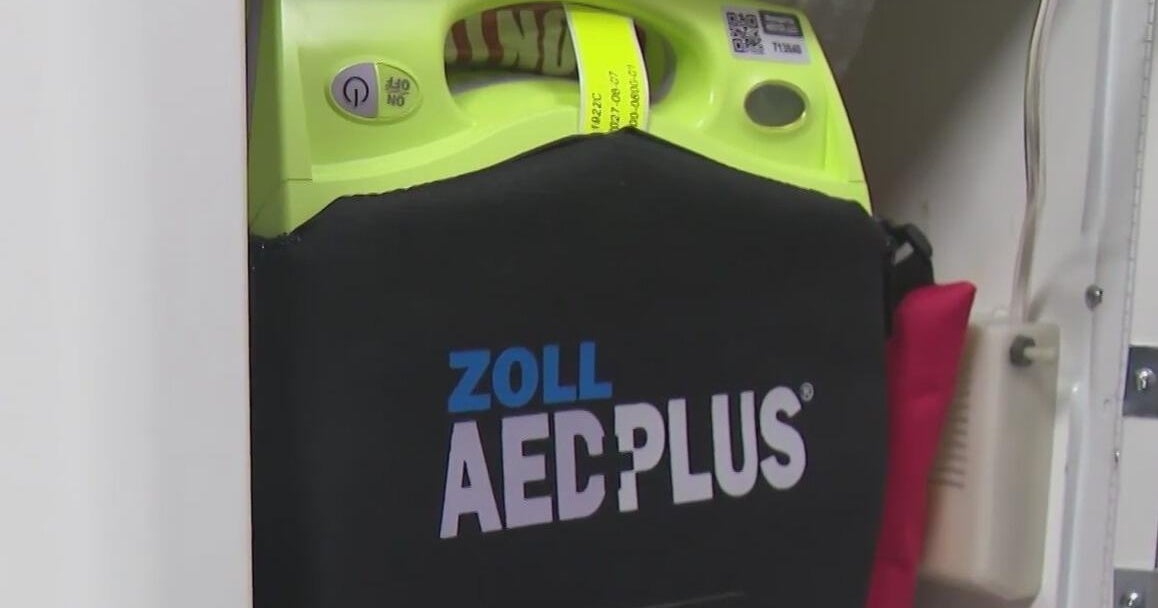If You Can Touch It, CBS4 Can Test It: How Dirty Is It?
MIAMI (CBSMiami) – How often do you wash your hands? You may think just enough, but after seeing the results CBS4 obtained when testing public places for bacteria—you may reconsider.
What you think is clean, may actually be covered in sickening bacteria like e-coli, staphorius and much more. So CBS4's Brian Andrews took to the streets to find out…how dirty is it?
READ Part 1: How Dirty Are The Items You Touch Everyday?
The surfaces touched by hundreds, even thousands of people every day were tested—and the results may be shocking and can be pretty nasty.
"The main thing is not getting it inside your body because that's what can make you sick if you consume it," said Dr. Julie Torruellas-Garcia, a microbiologist at Nova Southeastern University.
First places tested were Miami-Dade Transit, the Metrorail, Metromover, the Government Center Station and the Government Center Food Court. All the places tested have one thing in common—they experience heavy traffic daily.
In order to test, surfaces were swabbed and specimens were sent off to the microbiology lab at Nova.
First place tested were the seats in the Metrorail cars.
"They tested positive for e-coli which I'm not surprised because we are sitting and considering where e-coli comes from, it kind of makes sense," said Dr. Torruellas-Garcia.
E-coli is a bacteria that comes from feces.
"The issue with e-coli is ingestion. So if you eat it, if you consume it, if you drink it," said Dr. Torruellas-Garcia. If ingested, the Doctor said, one could get diarrhea.
The Metromover on the downtown loop was also put to the test for bacteria. The rails were found to have quite a bit of bacteria growth.
The rails tested positive for staphorius—which can cause staph infections.
Also tested were the fare machines at the transit station.
"There was quite a bit of bacteria there and it did test positive for staphorius but again staphorius is a bacteria found on skin," said Dr. Torruellas-Garcia.
Next up for testing were the pay phones. Perhaps not as popular as they used to be, but still used enough to consider testing.
"If you count, each of these dots represents one bacterium," said Dr. Torruellas-Garcia. "That was on that phone so I guess there are maybe about 50 there."
Now it's one thing for a railing or a seat to be dirty, but many people would agree that where we eat should be the cleanest of all. Next up for testing was the food court at County Hall.
The area visited by perhaps hundreds of people each day, the tables tested positive for both e-coli and staphorius.
The elevators and escalators fared much better than the other places tested seeing as that bacteria can't grow on metals.
Even though Miami-Dade transit insists the seats and all interior surfaces of the Metro and Metro Mover cars are cleaned daily, testing showed amounts of e-coli bacteria were present.
As for the food court, the county said they'll address CBS4's findings with the building's janitorial contractor.
"I don't get grossed out very easily being a microbiologist," said Dr. Torruellas-Garcia, "but seeing the bacteria that grew at the food court tables was particularly gross."
Miami-Dade Transit declined our request to talk about the findings on camera, sending us a prepared statement saying they do their best to clean the metro cars each day.
So what can you do to protect yourself from this bacteria?
Dr. Torruellas-Garcia says wash your hands as often as possible and don't worry about touching metal surfaces. Bacteria doesn't grow on metal.







